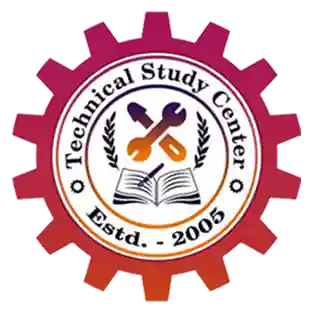The Disaster Information Management Research Center (DIMRC) was established by the National Library of Medicine (NLM) in 2008 to enhance access to disaster health information. However, as of June 21, 2021, the DIMRC website was discontinued, and many of its services were integrated into other NLM products or external platforms.
In India, disaster management is primarily overseen by the National Disaster Management Authority (NDMA), which is responsible for formulating policies, plans, and guidelines for disaster risk reduction and response. For individuals aspiring to contribute to disaster management efforts within the Indian government, various examinations are conducted to recruit professionals in this field.
At the Technical Study Center, we understand the critical importance of disaster management and the need for skilled professionals dedicated to safeguarding communities. Our comprehensive programs are designed to prepare candidates for government examinations related to disaster management roles.
Understanding Disaster Management Roles in Government
Positions in disaster management within the government may include roles such as Disaster Management Officer, Emergency Management Specialist, and roles within the NDMA or State Disaster Management Authorities (SDMAs). These positions involve responsibilities like planning and implementing disaster preparedness strategies, coordinating emergency response efforts, and conducting risk assessments.
How Technical Study Center Prepares You for Success
While traditional study methods focus on theoretical knowledge, we emphasize practical understanding and innovative strategies:
- Case Studies of Past Disasters – Learning from Real Events We analyze historical disasters to understand the causes, responses, and lessons learned. For example, studying the 2004 Indian Ocean tsunami helps students grasp the importance of early warning systems and community preparedness.
- Simulation Exercises – Practical Application of Skills Our training includes simulated disaster scenarios where students must develop and implement response plans. This hands-on approach enhances decision-making skills under pressure.
- Interdisciplinary Approach – Integrating Various Fields Disaster management intersects with environmental science, engineering, sociology, and public health. We encourage students to explore these connections, fostering a holistic understanding of disaster preparedness and response.
- Community Engagement Projects – Real-World Experience Students participate in community outreach programs to educate the public on disaster preparedness, bridging the gap between theoretical knowledge and practical application.
